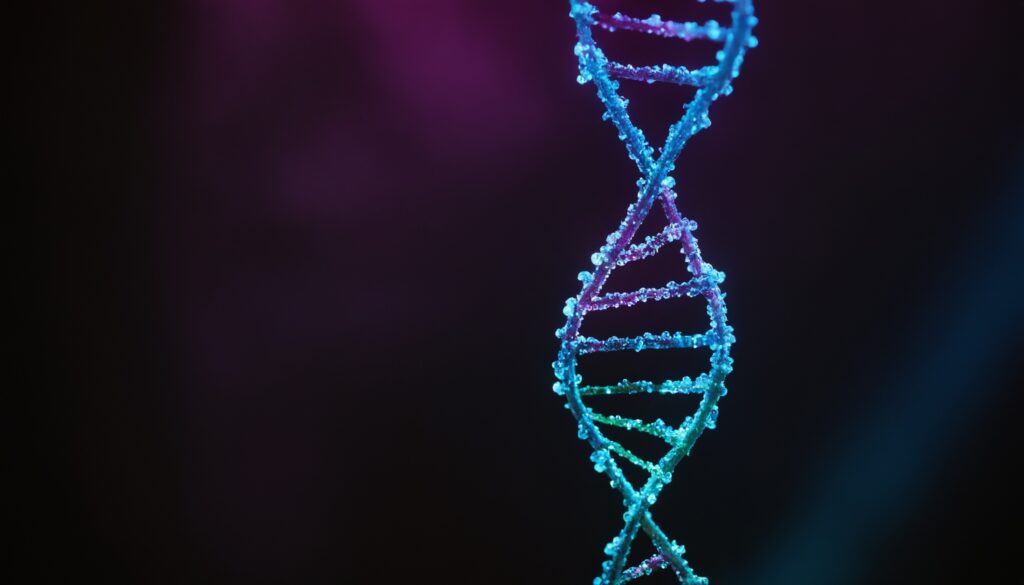Three years ago, 23andMe’s stock outperformed Apple’s, establishing it as a DNA-testing powerhouse. Today, the company faces significant hurdles as it struggles to remain viable.
Once a tech-world darling, 23andMe is now grappling with a plummeting stock price and narrowly avoided market delisting. The company’s extensive database of sensitive DNA data raises growing privacy concerns for its customers.
In a statement to the BBC, 23andMe expressed optimism about its future. It reaffirmed its commitment to protecting customer data and privacy. Yet, many wonder how this once-celebrated firm ended up in such a precarious position.
The Golden Era of DNA Testing
Just a few years ago, 23andMe’s innovative services captivated the world. High-profile users like Snoop Dogg, Oprah Winfrey, and Warren Buffett boosted its visibility. Millions of people used the platform to uncover their ancestry and health insights. The company’s stock price soared to an impressive $321.
Today, however, 23andMe’s stock is worth under $5, representing a shocking 98% loss in value. This dramatic decline prompts the question: what went wrong?
Challenges to the Business Model
Professor Dimitris Andriosopoulos, founder of the Responsible Business Unit at Strathclyde University, identifies two critical issues. First, 23andMe’s business model was not sustainable. After receiving their DNA reports, customers had little reason to return. Second, monetizing anonymized DNA data for drug research took longer than expected, as drug development is a lengthy process.
Andriosopoulos explains, “If I had a crystal ball, I’d say they may last a bit longer. But as it stands, 23andMe is highly unlikely to survive.”
Leadership Turmoil
23andMe’s internal struggles are reflected in its leadership changes. The board resigned last summer, leaving CEO and co-founder Anne Wojcicki as the only remaining original member. Wojcicki, sister of former YouTube CEO Susan Wojcicki and ex-wife of Google co-founder Sergey Brin, faces increasing pressure to turn the company around.
Speculation about the company’s future persists. Some suggest 23andMe could shut down or be sold, although the company denies these claims. It has stated, “Anne Wojcicki has publicly shared her intention to take the company private and is not considering third-party takeover proposals.” Nevertheless, rival Ancestry has urged U.S. regulators to step in if a sale occurs.
The Implications of DNA Data
Unlike other struggling companies, 23andMe’s issues pose unique risks due to the nature of the data it holds. The company’s genetic data includes not only customer information but also insights into their relatives, often without their consent.
Carissa Veliz, author of Privacy is Power, highlights the seriousness of this issue. “When your sibling uses 23andMe, they share 50% of your DNA, allowing health predictions about you based on their data,” she explains. This dynamic raises concerns about privacy for non-users as well.
David Stillwell, a professor of computational social science, emphasizes the gravity of the situation. “If your bank account is compromised, you can open a new one. But your DNA is permanent,” he notes.
23andMe maintains that consumer data remains protected under legal agreements. It asserts that a change in ownership would not affect privacy terms unless customers consent to new conditions. However, privacy advocates remain skeptical.
A year ago, 23andMe experienced a security breach that heightened privacy fears. Critics like Veliz call for stronger data protection laws. “Until we ban the trade in personal data, we won’t be adequately protected,” she warns.
As 23andMe’s struggles continue, questions about the future of its data practices and its survival as a business remain unresolved.


